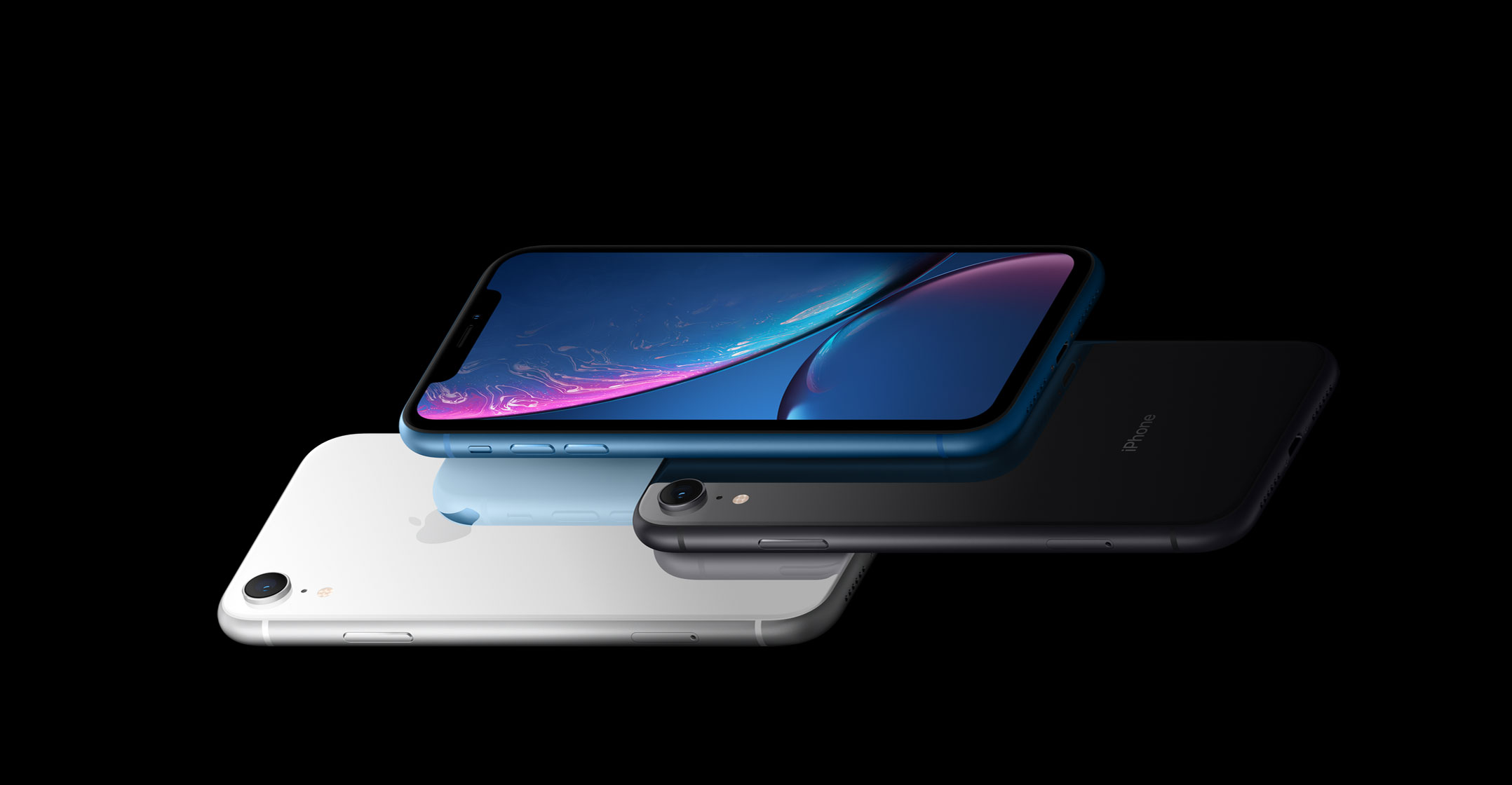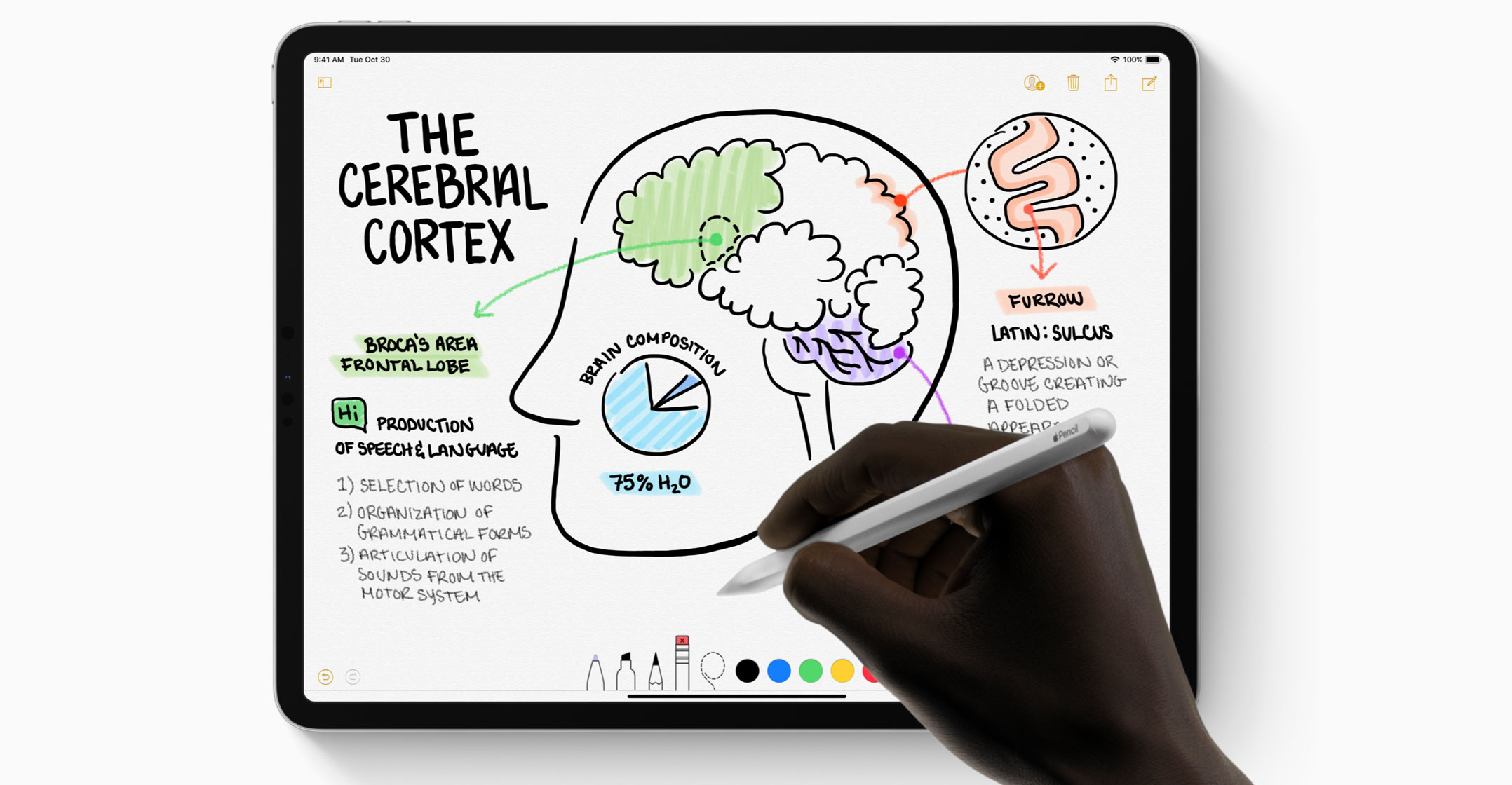
[ad_1]

The new iPhone Xr
Apple gave an underwhelming forecast for the key holiday period suggesting weaker-than-expected demand for pricier new iPhones. The company further stoked concerns by saying it will stop reporting unit sales of its most-important product.
Apple shares fell about 7% in extended trading on Thursday. The stock closed at US$222.22 in New York, leaving it up 31% this year. Apple suppliers declined after the report.
The Cupertino, California-based technology giant expects fiscal first-quarter 2019 revenue to be between $89-billion and $93-billion. Analysts were looking for $92.7-billion, according to data compiled by Bloomberg.
Apple CEO Tim Cook said the forecast was partly driven by weakness in emerging markets, including India and Brazil, and currency volatility.
Chief financial officer Luca Maestri said the company will stop reporting unit sales for iPhones, iPads and Macs beginning in fiscal 2019. That sparked concern Apple wants to avoid disclosing weak growth numbers. But the move also highlights the company’s desire to become more of a services business.
“I was shocked, but it makes sense,” said Gene Munster, a veteran Apple analyst at Loup Ventures. “Apple wants investors to focus less on iPhone units, and more on the overall Apple business. It’s going to take a few quarters for Apple to win investor confidence in this new way of analysing the Apple story.”
In the fiscal fourth quarter, iPhone unit sales barely grew from a year earlier, even though new flagship iPhones came out in the period. That was a disappointment, considering there were no big iPhone launches in the same period last year.
New models
The company sold 46.9 million iPhones in the quarter, generating revenue of $37.2-billion. The period included about a week and a half of sales of the high-end iPhone Xs and iPhone Xs Max models. The average iPhone selling price was $793. Analysts were looking for 48.4 million iPhone units in the quarter, and an average selling price of $729.
The company released new iPhones in September, and upgraded iPads and Macs were introduced earlier this week. Apple raised prices on most of the devices, a relatively recent strategy to offset slowing unit sales growth. It’s a bet that consumers will continue to pay up for access to the company’s specialised and tightly integrated hardware and software.
The iPhone Xr is one of the few outliers from the trend of more costly Apple gadgets. With a starting price of $749, it’s expected to be a popular holiday gift, luring owners of older iPhones to upgrade. The iPhone still looms large over Apple’s fortunes, accounting for more than 60% of revenues. It’s also the central hub for connecting the other devices and using services.

The new iPad Pro
Apple’s Services business reported a 17% increase in revenue to $9.98-billion. Analysts expected $10.18-billion. Apple hasn’t launched any notable new offerings lately in this category, which includes iCloud and Apple Music subscriptions, app downloads, and iTunes video purchases. The company is working on digital newspaper subscriptions and original video content for next year.
Fiscal fourth-quarter sales rose 20% to $62.9-billion, Apple said. Profit came in at $2.91/share. Analysts expected revenue of $61.4-billion and earnings of $2.78/share.
Before Thursday, Apple shares had withstood a recent tech stock rout. Amazon.com and Netflix tumbled about 20% each last month as the sector was pummelled by rising interest rates, and concern over the economic outlook and tariffs. Apple’s resilience was all the more impressive considering the company is exposed to China at a time of escalating trade tension with the US.
Sales in Greater China came in at $11.4-billion in the quarter, up 16% from a year earlier.
The Other Products category saw revenue jump 31% to $4.2-billion in revenue, likely on demand for Apple’s Watch.
Mac unit sales surged 42% from previous quarter. That’s a nice jump for a category that saw its lowest sales numbers since 2010 in the third quarter. Apple launched new MacBook Pros in July. iPad revenue fell 15% to $4.09-billion from a year earlier. — Reported by Mark Gurman, (c) 2018 Bloomberg LP
Source link